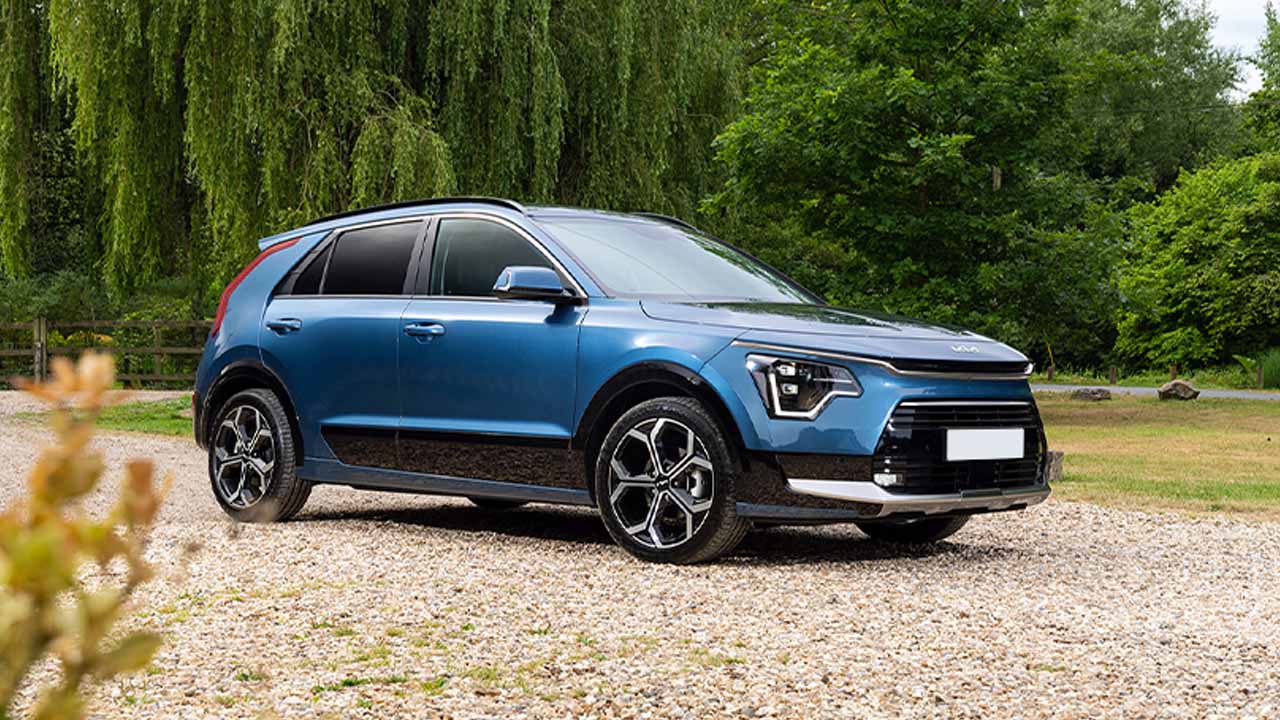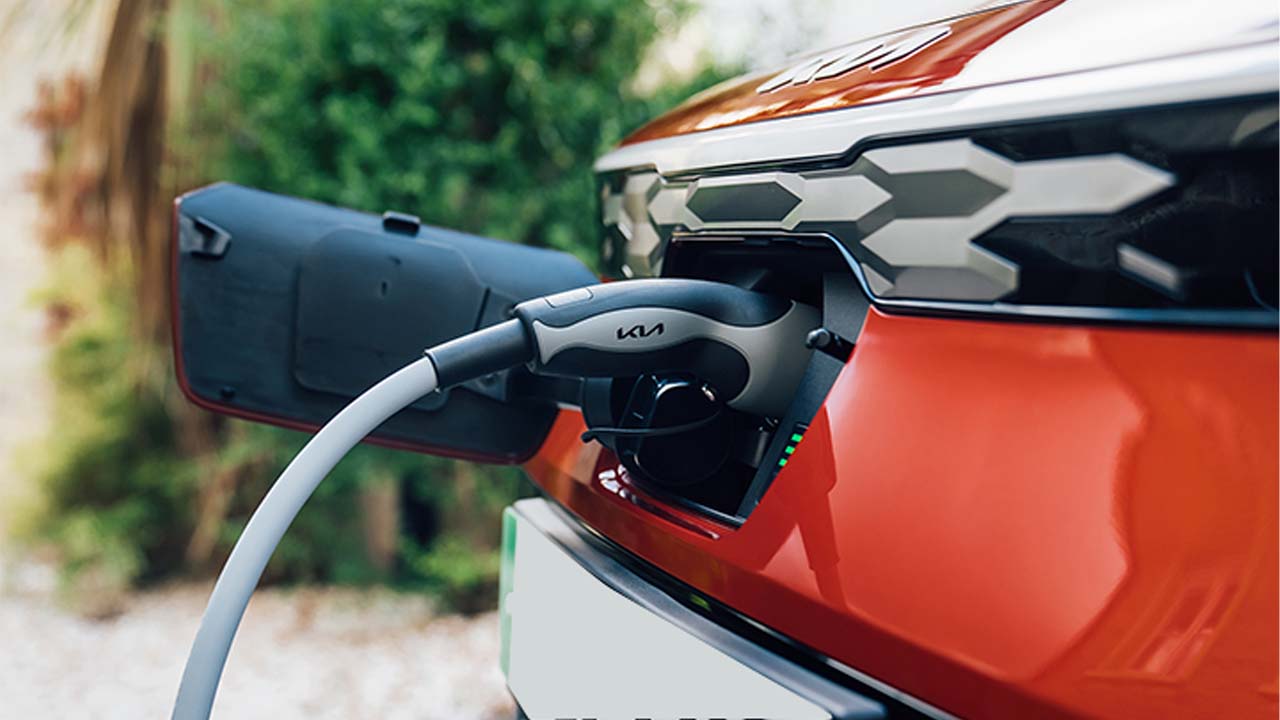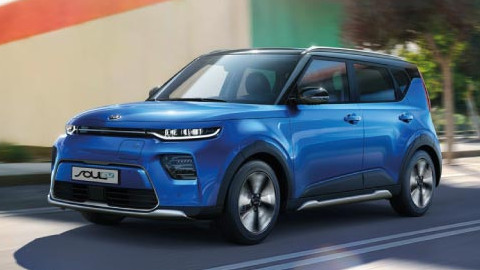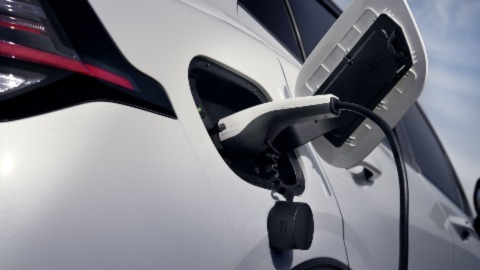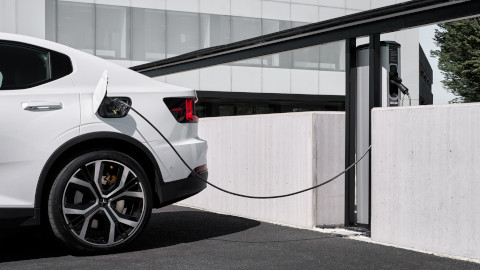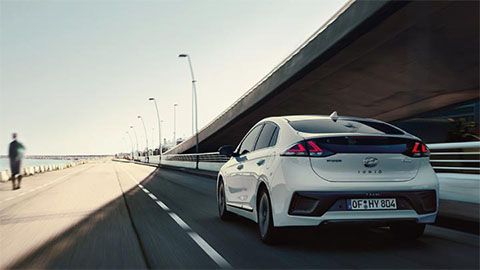What to know before buying an electric or hybrid car
Making the transition to an electric or hybrid car can be a daunting prospect for many motorists, since the ownership journey presents a host of considerations that need taking into account before a purchase is made.
In this guide, we answer the most common questions, and explain the differences between the types of electrified cars.
Contents
What are the different types of electric car?
Currently, there are four types of electrified cars, each of which offer different characteristics and benefits, depending on what you need and want from a car.
What is an EV?
An EV is an acronym for 'electric vehicle', and means that the car is fully powered by batteries and an electric motor. They don't use a traditional internal combustion engine (ICE) at all.
What is a hybrid?
A hybrid is a car that's powered by a traditional internal combustion engine and an electric motor(s), which utilises energy stored in batteries. There are three types of hybrid powertrains available:
- Mild hybrid
- Plug-in hybrid
- Self-charging hybrid
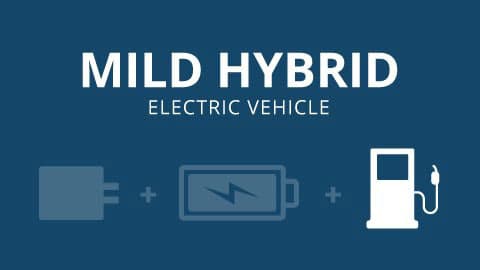
Mild Hybrid (MHEV)
In MHEVs, a battery-driven electric motor assists an ICE in powering the vehicle.
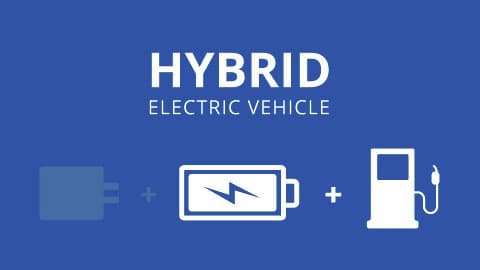
Hybrid (HEV)
HEVs are self-charging and utilise an ICE and battery-driven electric motor, but possess the ability to switch between each source of power.
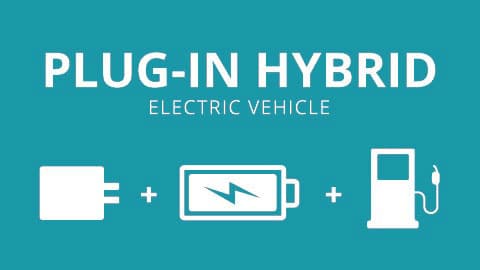
Plug-in Hybrid (PHEV)
PHEVs feature a larger electric motor and an ICE to offer a decent all-electric driving range. You'll need to plug in to recharge, though.
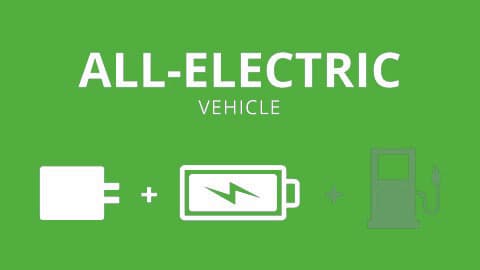
All-Electric (BEV)
BEVs are all-electric, meaning they use battery power alone. You'll need to plug in to recharge the batteries when energy is depleted.
Is it worth buying an electric car?
Whether buying an electric or hybrid car would be beneficial to you depends on a number of factors, such as:
- What you use the car for typically
- How many miles you cover annually
- What charging options you have
- Your budget if buying privately
Should I buy a mild hybrid car?
Mild hybrid cars are usually the most affordable entry-point into the world of electrified vehicles because they're cheaper to produce than the alternatives.
They make a good choice for anyone looking to reduce their running costs without having to worry about charging them (they charge as you drive).
Mild hybrids make a lot of sense if you do a lot of driving in traffic or congested areas, since that's when the hybrid system does most of its work.
Should I buy a plug-in hybrid car?
Plug-in hybrids are the closest you'll get to all-electric car ownership, without having to fully commit to that lifestyle. That's because the batteries need to be plugged in and recharged.
Because plug-in hybrids have larger batteries than the other hybrid alternatives, they offer greater electrical assistance, and can even allow you to drive on battery power alone for short distances (usually between 20 and 40 miles, depending on the car).
These are a good option for anyone with a higher budget (since they usually cost more to buy) who have a short commute and therefore wouldn't need the engine to intervene. Motorists who do a lot of local driving can save notable amounts of fuel, especially given that the batteries can typically be charged within a few hours using a traditional 3-pin plug socket.
Should I buy a self-charging hybrid car?
A self-charging car offers a great blend between a plug-in hybrid and a mild-hybrid, this is because they offer a notable amount of assistance to the engine, but without you needing to plug it in to charge.
These are a good all-round option for just about everyone because of this, and make a lot of sense for motorists who want to make an effortless transition to an electrified vehicle.
Overview of each powertrain
| Mild Hybrid | Hybrid* | Plug-in Hybrid** | All-Electric | |
|---|---|---|---|---|
| Needs plugging in to charge | ||||
| Can drive over 10 miles on just battery power | ||||
| Has a traditional petrol or diesel engine | ||||
| Produces zero emissions |
*hybrids can travel on all-electric power for short bursts, usually just a couple of miles
**plug-in hybrids produce zero emissions when using all-electric mode to power the car
How to charge an electric car at home and in public
Although we already have an extensive guide to charging an electric car, it's worth highlighting that motorists charging at home typically have two options:
- Traditional 3-pin socket (the slowest method, but ideal for plug-in hybrid owners)
- Install a Wallbox charger (usually offers charging that's two to three times faster than a traditional 3-pin plug)
If you need to charge in public, there are a few options available, that will depend on charger availability in your area and what the car can accommodate.
- Slow (usually offer speeds of up to 7kW)
- Fast (offers between 7kW and 22kW charging speeds)
- Rapid (speeds range between 43kW and 50kW)
- Ultra rapid (over 50kW and above)
All vehicles that need charging require you to plug the car in via its charging port, making it very similar to refuelling a petrol or diesel-powered car.
Electric car charging at home with no driveway
The biggest challenge for motorists looking for an electrified vehicle is how they can charge it at home. This isn't a problem if you have a driveway, but it presents a challenge if you don't.
Unfortunately, there's no solid solution for this. If you have street parking, then in theory you could run a long cable from your home to the car, but the rules from local councils can be a headache to navigate, whilst the tripping hazard presented by the cables could land you in hot water.
Because of this issue, we recommend anyone in this position, who is looking to make the transition to a hybrid or electric car, that they opt for a mild-hybrid or self-charging hybrid.
Are electric cars cheaper to run?
Electric and hybrid cars are usually cheaper to run than their petrol or diesel-powered counterparts. This is because they're more fuel efficient, and they produce less emissions for the most part.
Because they're better on fuel, and are less harmful to the environment, they save you money at the pumps, whilst typically offering lower rates of vehicle excise duty (e.g. road tax).
You may save money on general servicing and maintenance, but for the hybrids there won't be much in it since they still utilise a traditional engine alongside the batteries and motor(s). Electric car servicing, on the other hand, is usually more affordable because there are less mechanical parts to service, which will save you money.
How long do electric car batteries last?
Battery technology has come a long way over the years, and experts across the industry project that the life expectancy of modern EV batteries to be around 15 to 20 years (or between 100,000 and 200,000 miles).
Carmakers are aware of this concern, which is why most brands deliver electric cars with the standard manufacturer warranty alongside a dedicated warranty for the battery, which is usually around eight years (or 100,000 miles).
Frequently asked questions
All electric cars are automatic. This is because they don't have a traditional gearbox like you'd find in a traditional petrol or diesel-powered car.
For the most part, you'll always have to pay to charge an electric car. However, there are schemes and charging points out there that allow you to charge for free.
Electric cars need servicing just like a car with a traditional petrol or diesel engine. The key difference is that they have less mechanical parts to service, which should save you money.
Electric cars are typically more expensive to insure than their petrol or diesel-powered counterpart. This is because they're more expensive to buy and repair, which reflects in your premium.
There are a wide range of companies that will help you install a charging point at your home, depending on your budget and requirements. Manufacturers sometimes run offers where they include a Wallbox charger with the car you buy, so they're worth keeping an eye out for.
How long it takes to charge an electric or hybrid car depends on the size of the battery, how low it is on charge, and what type of charger you're using.
On average, all-electric cars need around eight hours to charge when using a Wallbox charger, and over twice that time when using a 3-pin socket.
Plug-in hybrid batteries take much less time because they're smaller than those found in dedicated electric vehicles, so you could recharge in as little time as an hour if using a rapid public charger.
Related Articles
-
Best Used Hybrid Cars | Our Top Picks for 2025
07 Jul 2025
-
Top 10: Best Used Hybrid Hatchbacks for 2025
04 Jul 2025
-
Top 10 Best Used Electric Cars in the UK
14 Nov 2024
-
Best Small Electric Cars 2024
10 Jul 2024


